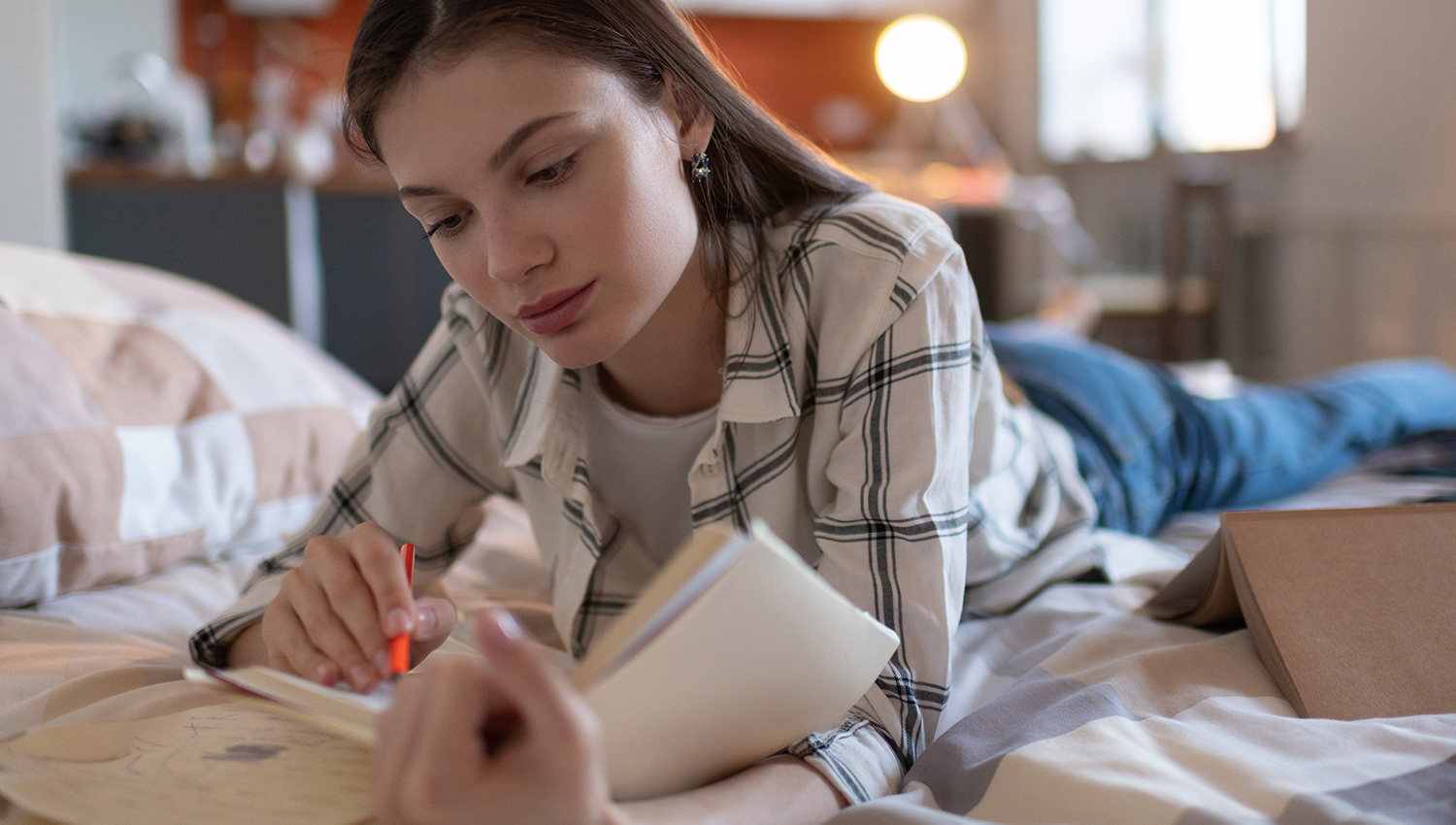If you are like hundreds of thousands of parents around Australia, you are suddenly having to squeeze your children’s ‘remote learning’ into your already busy day (thanks COVID-19).
But before you reach for the panic button, let’s take a collective breath and reassure ourselves with some of the facts.
1. You aren’t expected to be the teacher
Despite the headlines and some of our friends’ social media posts, parents are not being asked to suddenly become teachers or start “home schooling”.
Our schools and our teachers are the experts in teaching and learning and that will continue in this temporary “remote learning” period.
Your school will be aware that many parents are also working from home and/or caring for multiple children so will have realistic expectations of what is possible and would have factored that into lesson planning.
Queensland Education Minister Grace Grace has also stressed that this new period is about parents and teachers working together and that it is not about parents shouldering the burden alone.
“It is not home schooling,” Ms Grace said on April 14.
“It is remote learning and learning from home with a teacher there to provide the information and instruction and contact.”
2. Schools and parents have always worked together!
Research over about 50 years confirms that when teachers and parents form strong and respectful relationships and prioritise a child’s learning, the child’s academic outcomes and wellbeing soar.
This current period of collaboration between school and home is no different in that respect.
However, everyone – children, teachers, and parents – are in a period of sudden change, so it’s more important than ever that we back each other up and keep communication respectful.
“We must all give each other some leeway, grace, respect, support and encouragement during this period,” Queensland Independent Schools Parents Network Executive Officer Justine Cirocco says.
“It’s challenging for everyone – parents, teachers, principals, early educators, but in different ways.
Our schools and teachers are the experts in teaching and learning and we need to maintain our trust and confidence in them.”
3. You are not alone
“One thing I’ve been hearing from parents is they are really worried that their kids are going to fall behind because they are not going to school,” parenting educator and former high school teacher Maggie Dent says in her April 14 Parental as Anything podcast.
“I have some really good news for you all: everyone in the whole wide world is in the same boat and it is actually going to be okay.
“Because there are really simple things you can do that will mean keeping up with your kids school work will be easier than you think.”
Maggie discusses practical strategies to help high-schoolers and keep primary school kids engaged while learning from home during the podcast. Listen to it here.
4. Keep the bigger picture in mind
We are entering this period of home isolation to stop the spread of COVID-19 and to protect the most vulnerable people in our community, including our children’s grandparents. This period won’t last forever.
5. Not everything will go to plan: be agile
The Queensland Department of Education has produced a Frequently Asked Questions document for parents which encourages parents to be easy on themselves and allow a transition period.
“Treat the first week as a ‘starting school’ or orientation type of week,” the writer advises.
“Not everything will go to plan, and it might take a while to work out how to find and use the right resources and understand what’s best for you and your child. The ‘how to’ will come first, and then the learning.”
Parents are also reminded that they aren’t required to be teaching from 9am-3pm.
“Remember that your child’s teacher usually divides their attention between up to 28 students who all work at different paces and need different levels of support.
At home, two to three hours of learning each day will usually be plenty. Try using a range of other activities to keep children engaged and stimulated without becoming overwhelmed.”
And a word on routines: “Routines and consistency can be a source of comfort for parents and children alike, but keep in mind that your routine doesn’t have to be the same as a school routine. If you use a timetable at home, make sure it’s manageable for everyone and flexible enough that you can adapt it as you learn what works.”
This article from ABC Life contains some other tips for working from home with kids.
6. If there’s a problem, speak to your school directly
Queensland Independent Schools Parents Network Executive Officer Justine Cirocco urges parents to work with their child’s teachers through any bumps or challenges, rather than vent on social media.
“Schools have our children’s best interests at heart and they want to see them learning, growing and thriving,” Ms Cirocco says.
“Don’t be afraid to talk with your school because they want to help you.”






